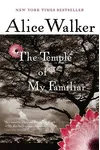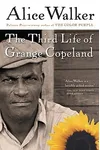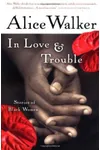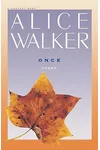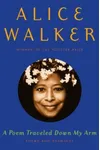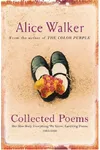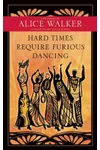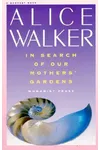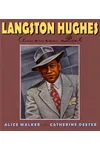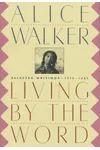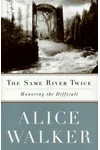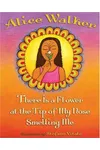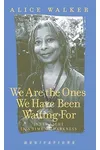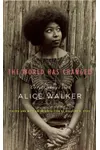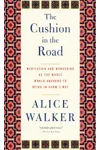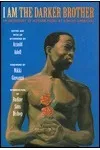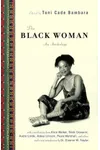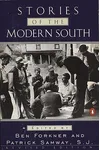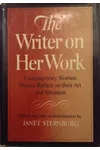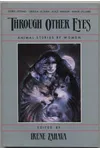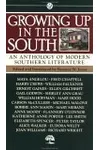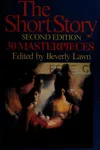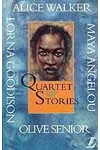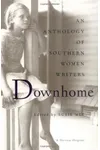Picture a storyteller who spun tales of resilience, love, and justice from the heart of rural Georgia—meet Alice Walker! Born in 1944, this Pulitzer Prize-winning author transformed American literature with her raw, poetic voice and unflinching exploration of race, gender, and humanity. Her novel The Color Purple didn’t just captivate readers; it reshaped how we talk about identity and survival.
Walker’s journey from a sharecropper’s daughter to a literary icon is as inspiring as her stories. With a pen as her sword, she’s fought for equality, weaving narratives that challenge and heal. Let’s dive into the life and legacy of this remarkable woman.
The Making of Alice Walker
Alice Malsenior Walker was born on February 9, 1944, in Eatonton, Georgia, the youngest of eight children in a sharecropping family. Growing up in the Jim Crow South, she faced poverty and racial injustice but found solace in books and storytelling. A childhood accident left her blind in one eye, deepening her introspective nature and fueling her creativity. Scholarships paved her way to Spelman College and later Sarah Lawrence College, where she honed her craft. Inspired by the Civil Rights Movement and writers like Zora Neale Hurston, Walker began writing poetry and prose that captured the Black experience with unflinching honesty.
Alice Walker’s Unforgettable Stories
Walker’s work is a tapestry of lyrical prose, vivid characters, and themes of oppression and empowerment. Her 1982 novel The Color Purple, a heart-wrenching yet hopeful tale of Celie, a Black woman overcoming abuse and finding her voice, won the Pulitzer Prize and National Book Award. Its epistolary style and raw emotion made it a cultural touchstone, later adapted into a celebrated film and musical.
Other gems include Meridian (1976), which explores activism and sacrifice during the Civil Rights era, and The Temple of My Familiar (1989), a spiritual saga blending history and mysticism. Her poetry, like Once (1968), pulses with passion and social critique. Walker’s style—bold, intimate, and layered with African American folklore—invites readers to confront hard truths while celebrating resilience.
She also coined the term “womanist,” a feminist framework centering Black women’s experiences, influencing scholars and activists. Her stories don’t just entertain; they demand reflection and change.
Why Alice Walker Matters
Alice Walker’s impact transcends literature. Her fearless storytelling amplified marginalized voices, reshaping how we understand race, gender, and power. The Color Purple sparked conversations about domestic violence and Black women’s agency, inspiring readers worldwide. As an activist, Walker championed civil rights, environmental justice, and global peace, living the values her words preach. Her work continues to guide writers and activists, proving stories can be catalysts for change.
Her legacy endures in classrooms, book clubs, and hearts, reminding us that empathy and courage can transform the world. At 81, Walker remains a beacon of truth and hope.
About Alice Walker
- Born: February 9, 1944, in Eatonton, Georgia
- Key Works: The Color Purple, Meridian, Once
- Awards: Pulitzer Prize (1983), National Book Award (1983)
- Fun Fact: Coined “womanist” to describe Black feminist thought
Ready to be swept away? Grab The Color Purple and dive into Alice Walker’s soul-stirring world!

